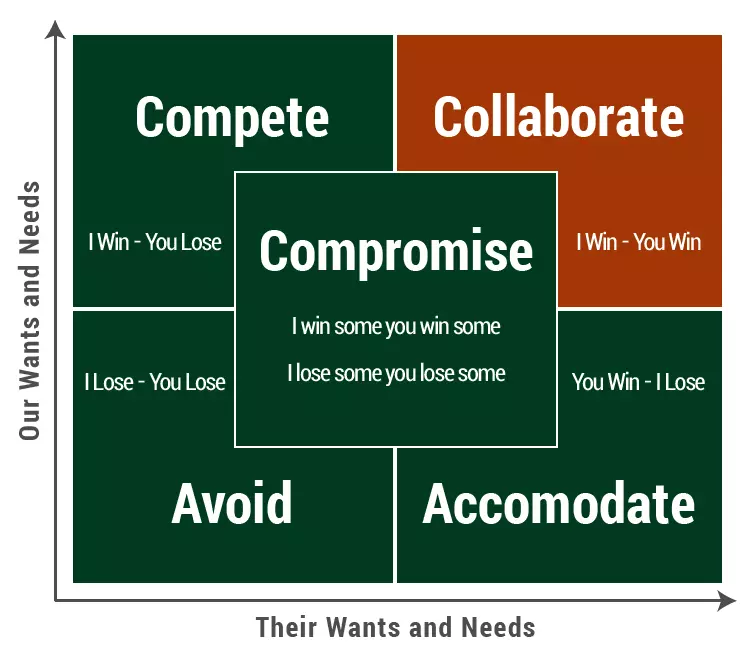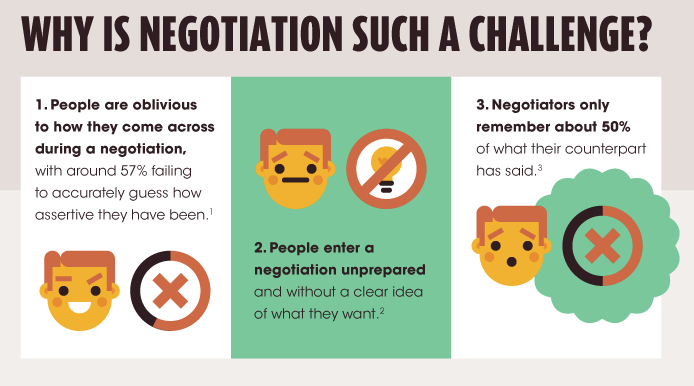How to get the home with the furniture included
by Bo Baker
How to get the home with the furniture included

So you like the dining room table in the house you want to buy, but your agent tells you it’s not included with the sale.
What do you do?
In short, you ask for it. Well, you negotiate it as part of your offer to purchase the home from the seller.
To effectively get the home you want with the furniture included, you should identify in advance any furniture that you are interested in buying and let the seller (or your agent) know that you want it and what you’d be willing to pay for it.
What’s even better, get the seller to tell you what they want for the furniture and work down from their number. Don’t be afraid to receive or make a counteroffer and look closely at the sales agreement when the terms are finalized.

In general, you can expect a lot of negotiating and bargaining when buying a house. Normally, you’ll negotiate the price, down payment, dates, contingencies, home inspection results and other, smaller things, along the way to coming to a final agreement.
Included as part of that negotiation process are personal items within the home that the seller may or may not be willing to part with. Furniture is definitely one of those things that can be negotiated as part of the sale.
Here are some suggestions you can use to negotiate and have the furniture included with the sale of the home:
Identify any furniture you might be interested in buying early in the process
The listing sheet that details specifics about the house will often identify what is and isn’t being included with the home. If you don’t see the piece(s) of furniture or personal property you want, you should make a list.

Be sure to pay adequate attention to the quality and brand of the furniture pieces that decorate the home. Furniture does depreciate in value over time, but higher-end pieces tend to hold their value better...especially if they’re in great shape.
Include the furniture as part of your offer
Negotiations are funny, the more times you go back to the other party, the tougher it is to get a response that works well for both parties. The easier, and more effective thing to do, is to submit a complete offer for what you want from the seller all at once. That way, you can manage the seller’s expectations and keep things focused on what you want from the beginning. As well, it makes it easier for you to take things away and then add them again later if they were on the table to begin with.
Minimizing surprises is also a key element of keeping people calm during a negotiation. Start with what you want, including the furniture, find out what the seller is and isn’t willing to do and go from there.
Don’t be intimidated to offer or accept a counteroffer
There’s a chance that the seller may not accept your initial offer to buy their furniture, especially if they just bought it or have a sentimental attachment to it. If that does happen, and you get a counteroffer, don’t back down.

Be grateful that you didn’t get rejected straight away and then give the seller a counteroffer yourself. You may have to give up something small or make a concession in some other area of the contract, but at the very least send back a counteroffer to keep the discussion moving towards an amenable close.
Examine the sales contract closely before you sign it
Make sure that you have examined the contract to ensure the seller included the furniture pieces in the deal that you agreed upon. In case you’re worried about missing any minor details, be sure to have your real estate agent give it the once over, again, too.
You have to remember, everything is negotiable in the sale of a home...including the furniture.